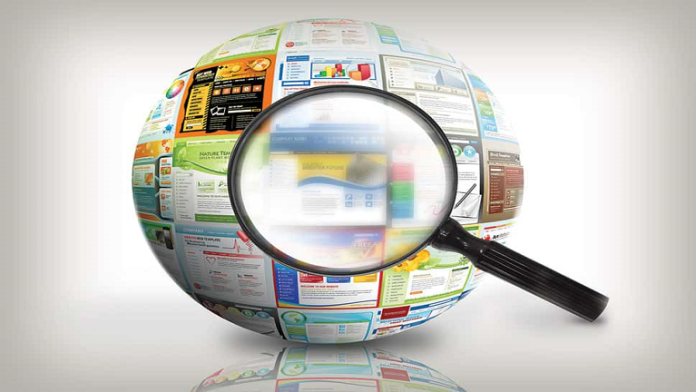In the fast-evolving world economy, the importance of education cannot be overstated. It is the cornerstone for innovation, economic growth, and social mobility. With globalization and the rapid advancement of technology, access to quality educational resources has never been more critical. Countries and individuals alike are racing to acquire knowledge and skills that will help them stay competitive in this dynamic global landscape.
The Growing Demand for Educational Resources
One of the driving forces behind economic development is the availability of educational resources that can bridge the gap between different regions and communities. Education has become more inclusive, with online platforms and digital libraries making learning accessible to millions of people worldwide. From free online courses to paid certifications, individuals now have more options than ever to upskill and remain relevant in a competitive job market.
Governments and institutions are increasingly investing in educational resources, recognizing that an educated workforce is essential for fostering innovation and attracting foreign investment. Developing nations, in particular, have made significant strides by offering access to education to previously underserved populations. This focus on education has led to a surge in entrepreneurial activities, which in turn, boosts local economies and contributes to the global market.
How Educational Resources Influence the World Economy
The availability and accessibility of educational resources have direct and indirect impacts on the world economy. Firstly, education helps cultivate a skilled workforce, which is essential for a country’s economic prosperity. Knowledgeable individuals are more likely to innovate, create businesses, and participate in industries that are crucial for economic growth, such as technology and manufacturing.
Secondly, education leads to a more informed population, which can make better decisions, not only in their personal lives but also in shaping the direction of the economy. A well-educated electorate is more likely to understand complex economic policies and support reforms that foster growth.
Lastly, the globalization of educational resources enables cross-border collaboration. Online learning platforms allow students from different countries to collaborate, share knowledge, and solve global challenges together. This cross-cultural exchange of ideas promotes innovation on a global scale, contributing to the overall world economy.
Real-Time Reports in Education: A Game Changer
Real-time reporting systems are becoming an essential part of the education sector. With real-time reports, educators and institutions can monitor students’ progress, address issues immediately, and make data-driven decisions that improve educational outcomes. These reports provide instant feedback, allowing for a more dynamic and responsive learning environment. For instance, a student struggling with a particular topic can receive additional support before falling behind.
In the context of the world economy, real-time reports also help policymakers and researchers assess the effectiveness of education programs and initiatives. This data-driven approach ensures that resources are being used efficiently and that educational strategies are aligned with the needs of the job market.
Conclusion
As the world economy becomes increasingly interconnected, the importance of accessible educational resources and real-time reports cannot be ignored. Education is a powerful tool for individual and collective growth, and when leveraged correctly, it can drive economic development, innovation, and social progress. The future belongs to those who can harness the power of education to navigate the complexities of the global marketplace.























